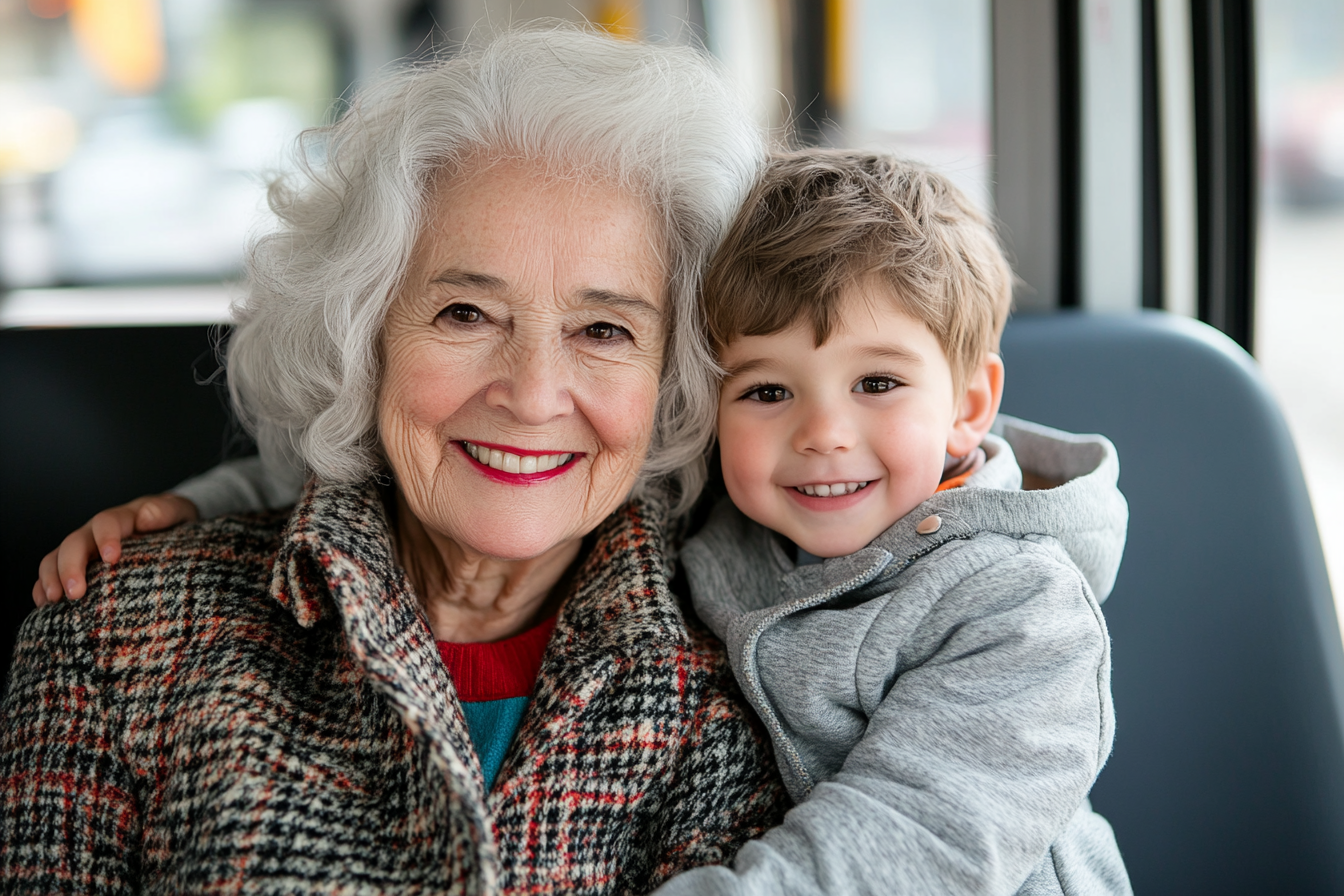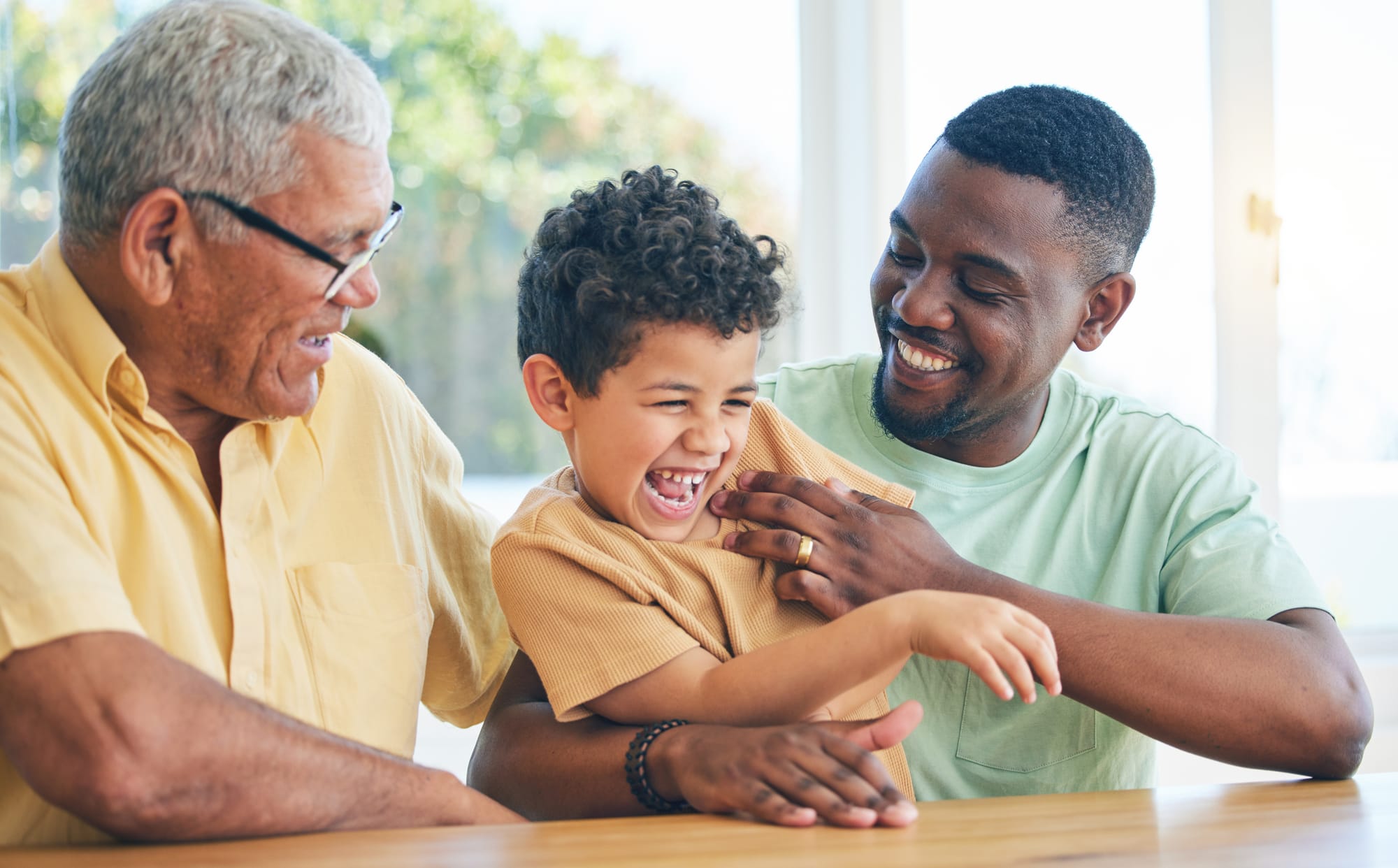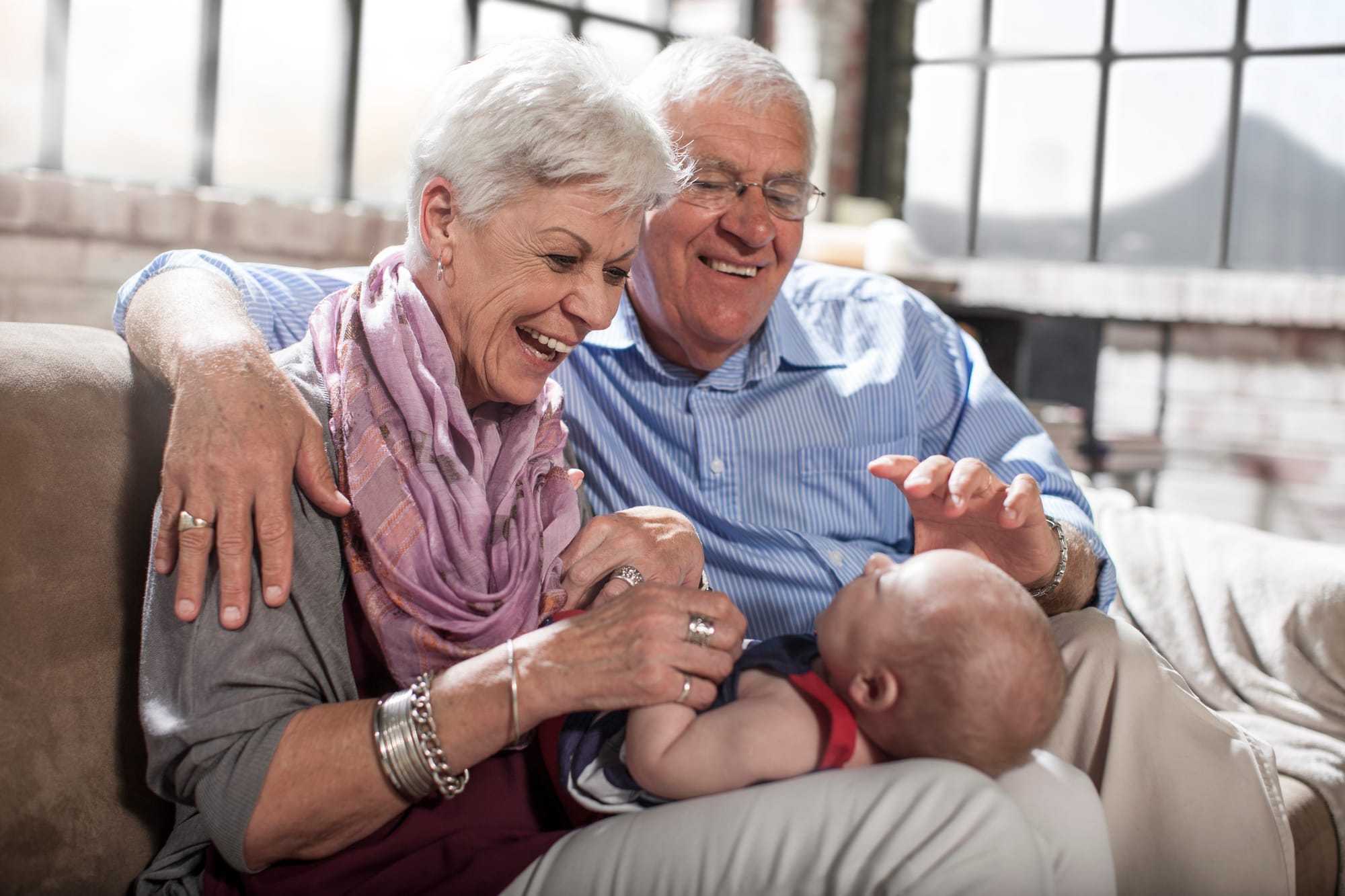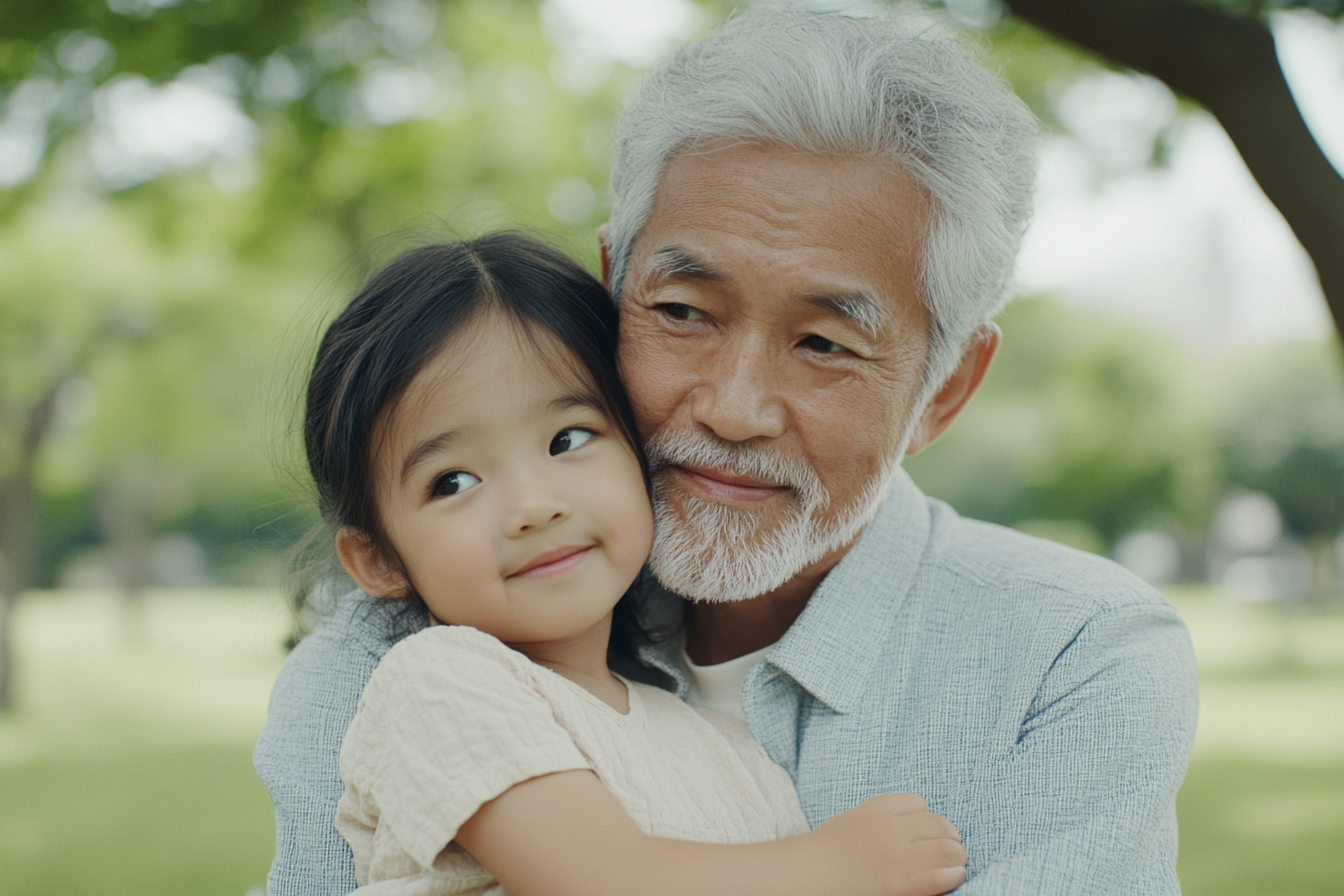From Challenges to Comfort: Palliative Care for Dementia Patients
Practical ways palliative care makes life more comfortable for dementia patients, addressing their physical and emotional needs with care.
Explore the surprising health benefits of grandparenting, from reducing stress and loneliness to staying active and finding renewed purpose.

Becoming a grandparent feels like life handing you a gift wrapped in soft tissue paper and tied with the ribbons of time. It’s a role many step into with a mix of awe and curiosity. Here you are, not just a parent anymore, but a storyteller, a keeper of family lore, a source of unhurried wisdom. Suddenly, your days are punctuated with sticky handprints, “knock-knock” jokes that make no sense, and the quiet satisfaction of watching the next generation take their first steps—both literal and figurative.
But here’s the thing—it’s not just about bedtime stories and backyard adventures. Scientists are starting to connect the dots between the role of grandparenting and the secret to living longer. This isn’t a fairy tale about love conquering all; it’s grounded in real-world observations. From the simple act of chasing after a rambunctious toddler to the quiet fulfillment of feeling needed, grandparenting appears to insert itself into the fibers of well-being in ways we’re only beginning to understand.
It’s a second act, yes, but it’s also a reminder: life doesn’t stop giving you reasons to thrive. And if a little extra time with the ones who call you “Grandma” or “Grandpa” is part of the deal, well, that’s a bargain anyone would take.

It turns out that spending time with grandchildren may do more for your brain than the morning crossword. Activities like helping with homework, talking through their imaginative stories, or even watching them conquer video games challenge your cognitive muscles. Studies suggest these moments can keep your mind active, delaying age-related memory loss.
And there’s a bonus: being needed has a way of making you feel more alive. A well-known German study found that grandparents who occasionally cared for grandchildren were significantly less likely to die within a 20-year period compared to their peers who didn’t. It’s not about taking over parenting duties—it’s the small, steady ways of staying involved that make the difference.
If you’ve ever been coaxed into a game of tag or crawled under a makeshift blanket fort, you know that grandkids keep you moving. Physical activity doesn’t need to look like a gym routine to be effective. Whether it’s a stroll to the park or a scavenger hunt in the backyard, these small bursts of activity promote joint health, balance, and endurance.
The best part? It doesn’t feel like exercise—it’s play. And that’s the magic of it. By staying physically active in ways that feel meaningful, you’re ticking all the boxes for better aging without even noticing.

There’s something uniquely comforting about the bond between grandparents and grandchildren. It’s a connection built on a foundation of patience, curiosity, and a shared love of the moment—whether that’s over a puzzle, a silly joke, or yet another story about what happened in math class. There’s no rush, no pressure to achieve or correct. It’s a relationship where simply showing up is enough.
And it turns out, that kind of connection isn’t just good for the soul—it’s good for the body, too. Grandparents who spend meaningful time with their grandchildren are less likely to feel lonely, a condition doctors now warn is as harmful to health as smoking or poor diet. Loneliness eats away at emotional well-being and physical health alike, and grandchildren can be an antidote without even trying. Their laughter, their boundless curiosity—it pulls you into their world and, for a while, away from the weight of your own worries.
Here’s the fascinating part: science backs what grandparents have long suspected. Spending time with kids lowers stress hormones like cortisol while boosting “feel-good” chemicals like oxytocin. In other words, when you’re helping a five-year-old build a lopsided Lego tower or listening to a teenager’s playlist (whether you like the music or not), you’re not just being supportive—you’re healing yourself.
But the benefits aren’t only physiological. These interactions provide something equally vital: a sense of purpose. In a world that sometimes sidelines older generations, being a grandparent is a reminder that you’re still needed, still valued. You’re a storyteller, a cheerleader, a keeper of family traditions. And in those small, everyday moments—cheering from the sidelines, reading bedtime stories, or simply listening—you’re reinforcing the kind of bond that keeps both of you grounded.

It’s not a one-way street. Grandchildren get something precious, too: someone who sees them for exactly who they are, without the distractions or expectations of parenthood. And while grandparents might think they’re just providing support, they’re also teaching the younger generation something vital: that love can come from a place of experience, not just proximity.
At its heart, this relationship reminds us that healing and connection don’t have to come from grand gestures. Sometimes they’re found in the smallest things—a shared laugh, a moment playing on the couch, or the simple joy of watching a child learn.
One challenge of grandparenting is learning how to give without overextending yourself. While the benefits of staying active and engaged are clear, it’s equally important to set boundaries that protect your time and energy. After all, the best version of yourself—for your grandchildren and for your health—is a rested one.
Here’s the key: be involved, but don’t try to be perfect. No one needs gourmet pancakes or back-to-back outings every weekend. Sometimes the best gift you can give is simply being present—cheering on the sidelines or answering their endless “why” questions.

Grandparenting isn’t just a joy—it’s a way of staying vividly alive. Think about it: where else in life can you teach someone how to ride a bike in the morning and learn what “slime ASMR” is by lunchtime? It’s the kind of back-and-forth exchange that keeps your world just as fresh as theirs.
What’s striking is how these little moments do so much more than fill your days; they fill your life. Tugging on sneakers for a walk to the park becomes a reason to keep moving. Answering their endless “why” questions sharpens your own curiosity. And let’s be honest—watching them grow gives you a front-row seat to something wonderfully bigger than yourself.
The magic here isn’t just in what you give but in what you get. These connections remind you that aging doesn’t have to be about retreating; it can be about leaning in, showing up, and finding joy in being needed. Grandparenting doesn’t just enrich their world—it gives you a reason to keep making yours richer, too.